Slack is now the key to Salesforce’s agentic AI plans
Salesforce is bringing more agents into Slack, along with CRM and third-party data

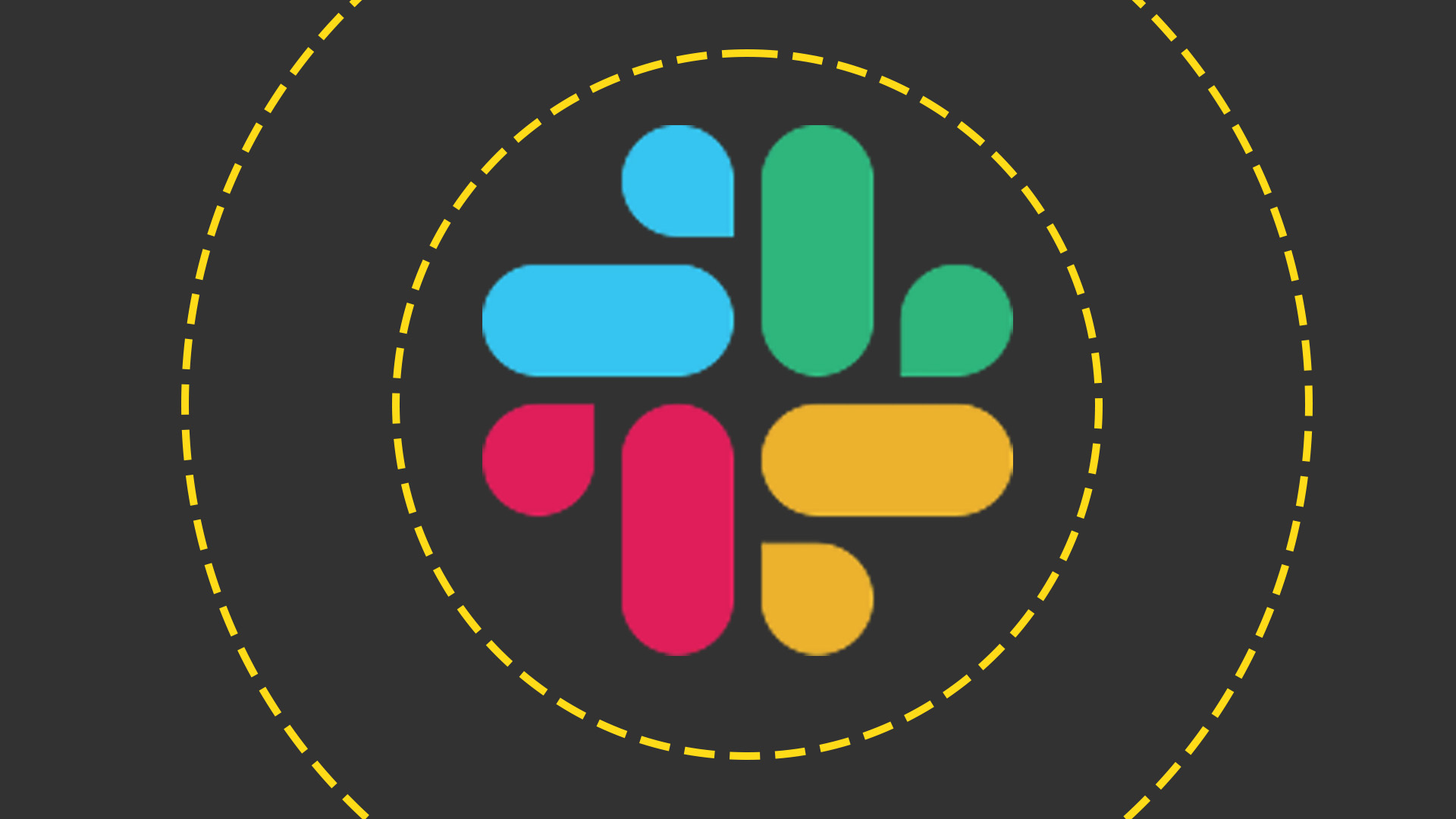
Sign up today and you will receive a free copy of our Future Focus 2025 report - the leading guidance on AI, cybersecurity and other IT challenges as per 700+ senior executives
You are now subscribed
Your newsletter sign-up was successful
Salesforce has announced Slack will act as an “agentic OS” for customer data going forward and become a core pillar of its new Agentforce 360 platform.
Hot off the back of connecting Slack conversational data to AI apps via a new MCP server, Salesforce has rebranded Slack as an “agentic OS”, with the intention of bringing users closer to their business data and AI agents.
CRM data from Salesforce will now be directly accessible within Slack, starting with Salesforce Sales, HR, IT, and analytics platform Tableau.
In addition to making data more accessible, this will also allow users to interact directly with different functions within Slack.
For example, workers can resolve IT issues via the platform by speaking to AI agents rather than by logging a ticket, or logging expenses with a dedicated HR agent.
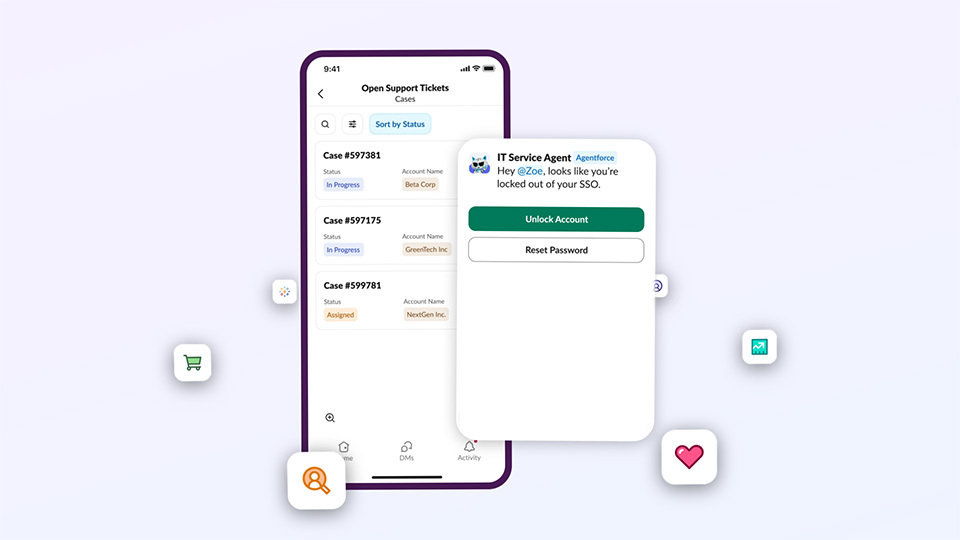
In the event that a problem can’t be resolved by an agent, an incident channel is created and relevant staff are assigned to look at the problem.
Each channel will also receive a new Channel Expert, a 24/7 agent that can answer questions specific to its organization.
Sign up today and you will receive a free copy of our Future Focus 2025 report - the leading guidance on AI, cybersecurity and other IT challenges as per 700+ senior executives
A new Enterprise Search feature will also allow users to search for files across all their Salesforce data. Salesforce is also working on connectors to tie the search feature to common enterprise services such as Dropbox, Gmail, Notion, and Outlook, with a January 2026 release planned.
The firm added that a custom API, to connect Enterprise Search for internal enterprise systems, is also under development.
“We're reimagining all of Salesforce in Slack: imagine that you maybe don't log into Salesforce, you don't see Salesforce but it's there, it's coming to you in Slack, because that's where you're getting your work done,” Parker Harris, co-founder of Salesforce and CTO at Slack, told assembled media.
Closing the gap between Slack and competitors
Harris added that while Salesforce is working on making it even easier to bridge the gap between Slack and other productivity platforms such as Microsoft Teams, for enterprises that use both, “people aren’t really doing their work in a product like Teams”.
Slackbot, the digital assistant that has previously been used to send automated messages or reminders within channels, has been remade as a new AI companion.
For example, it will now be able to summarize threads or documents and draft project updates, as well as draw on a worker’s Salesforce, Google Drive, and OneDrive files to create drafts and to-do lists based on relevant action items.
The new Slackbot will observe users’ work patterns over time, including conversations, enterprise files the user interacts with, and organizational context with the aim of becoming a more personalized helper to individual workers.
Salesforce added that in the future, Slackbot will be able to build agents based on user requests, using only natural language inputs.
“Every company is asking where their agents will live, how they’ll get context, and
how to make them useful,” said Denise Dresser, CEO at Slack. “Slack is the answer. By making Slack the conversational interface for Salesforce, we’re giving every employee a trusted, unified home for AI and agents – and transforming how work gets done.”
Make sure to follow ITPro on Google News to keep tabs on all our latest news, analysis, and reviews.
MORE FROM ITPRO
- Get used to working with AI teammates in Slack
- Thinking of trying Slack? Check out our review
- Everything you need to know about Slack's AI features

Rory Bathgate is Features and Multimedia Editor at ITPro, overseeing all in-depth content and case studies. He can also be found co-hosting the ITPro Podcast with Jane McCallion, swapping a keyboard for a microphone to discuss the latest learnings with thought leaders from across the tech sector.
In his free time, Rory enjoys photography, video editing, and good science fiction. After graduating from the University of Kent with a BA in English and American Literature, Rory undertook an MA in Eighteenth-Century Studies at King’s College London. He joined ITPro in 2022 as a graduate, following four years in student journalism. You can contact Rory at rory.bathgate@futurenet.com or on LinkedIn.
-
 Mistral CEO Arthur Mensch thinks 50% of SaaS solutions could be supplanted by AI
Mistral CEO Arthur Mensch thinks 50% of SaaS solutions could be supplanted by AINews Mensch’s comments come amidst rising concerns about the impact of AI on traditional software
-
 Westcon-Comstor and UiPath forge closer ties in EU growth drive
Westcon-Comstor and UiPath forge closer ties in EU growth driveNews The duo have announced a new pan-European distribution deal to drive services-led AI automation growth
-
 Claude Code is coming to Slack — here’s how to use it, what it can do, and how to get access
Claude Code is coming to Slack — here’s how to use it, what it can do, and how to get accessNews Users can get access to Claude Code in Slack today and begin delegating tasks
-
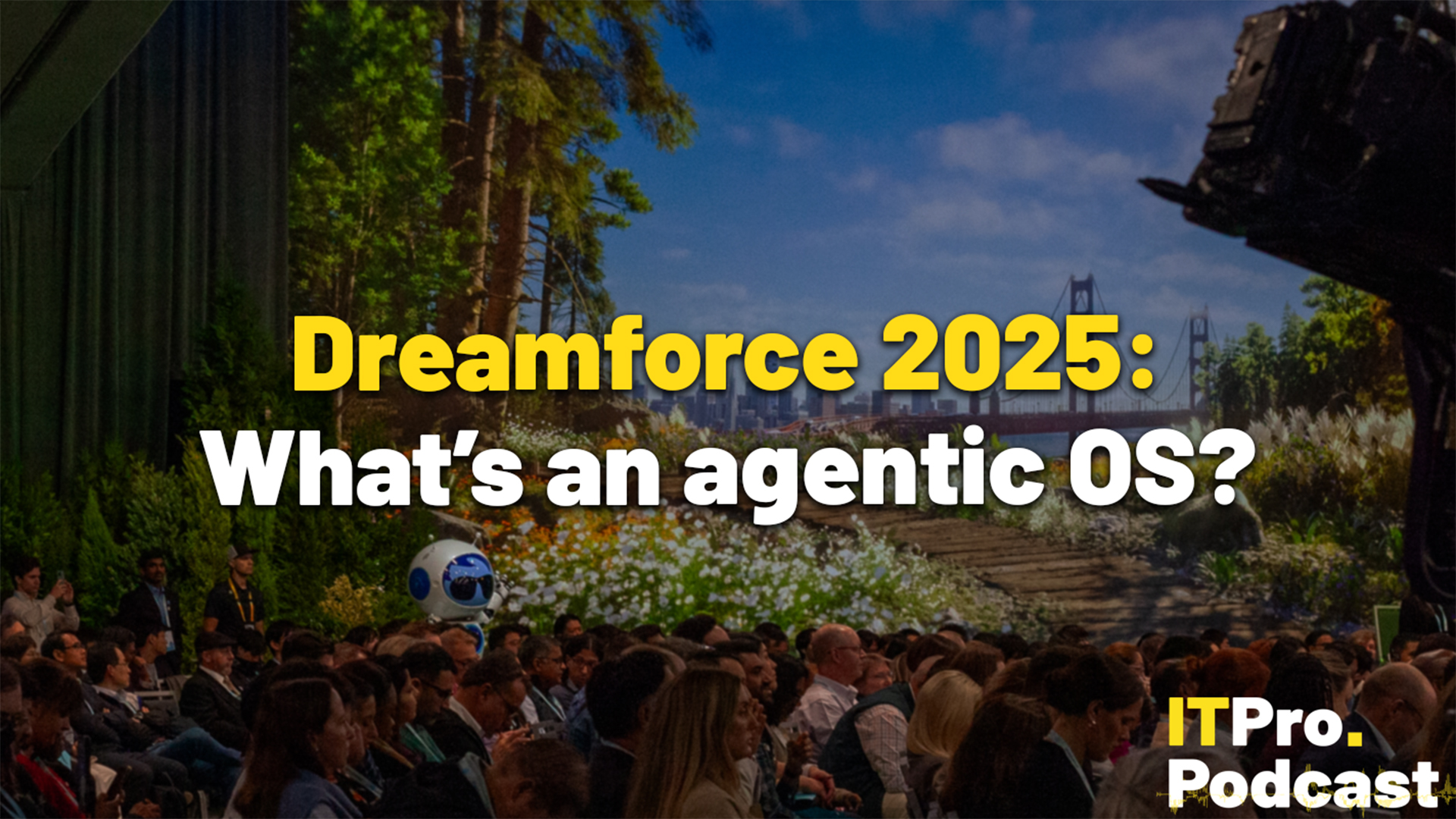 Dreamforce 2025: What's an agentic OS?
Dreamforce 2025: What's an agentic OS?ITPro Podcast Salesforce has turned to Slack to achieve its agentic AI ambitions, as it expands Agentforce faster than any other product
-
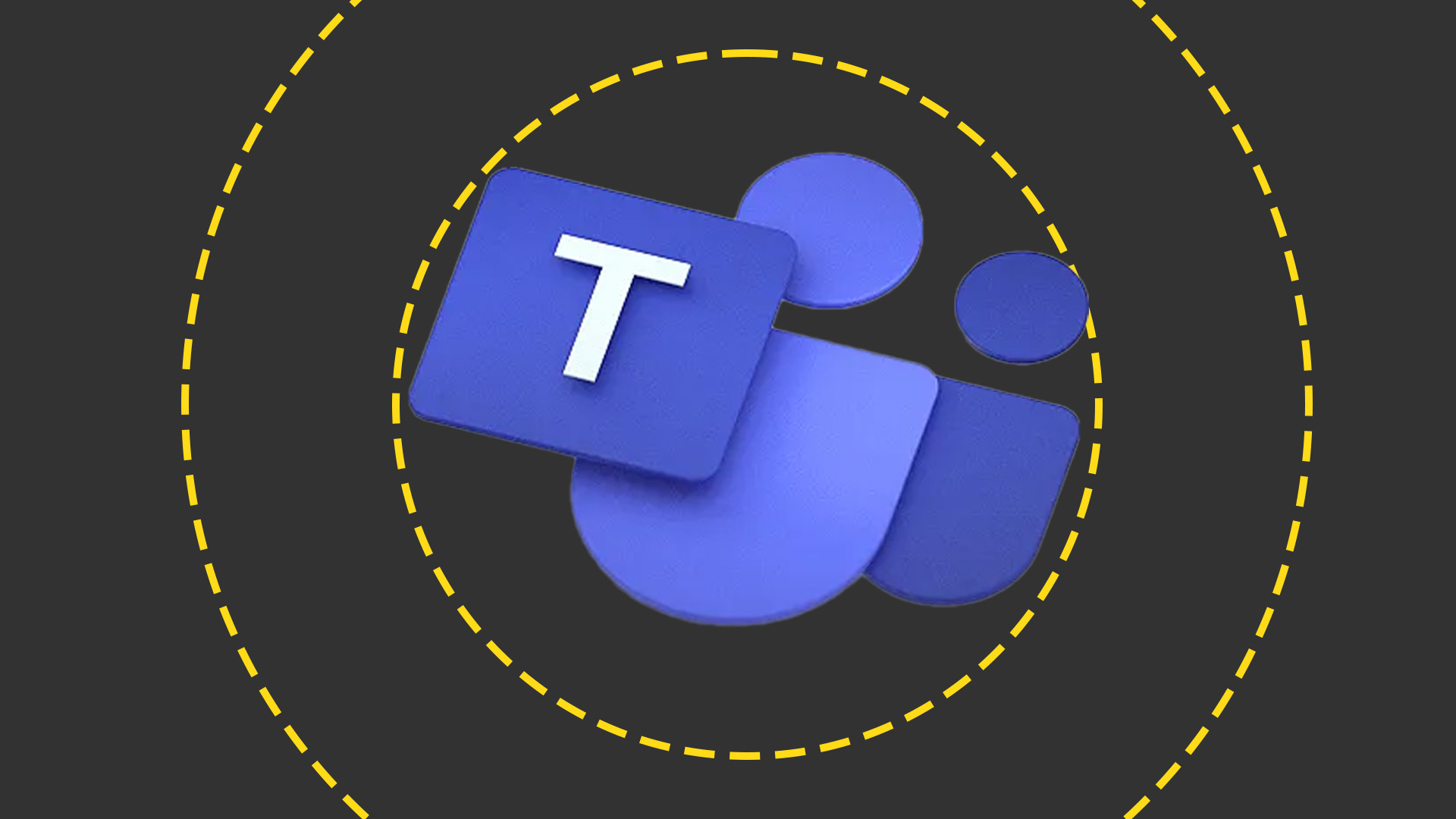 Salesforce says ‘Microsoft’s anticompetitive tying of Teams' harmed business in triumphant response to EU concessions agreement
Salesforce says ‘Microsoft’s anticompetitive tying of Teams' harmed business in triumphant response to EU concessions agreementNews Microsoft has agreed to make versions of its Office solutions suite available without Teams – and at a reduced price
-
 Microsoft Teams just added a convenient new feature you can find in Slack
Microsoft Teams just added a convenient new feature you can find in SlackNews Microsoft Teams has announced a raft of new updates, including a new threaded conversations feature for channels.
-
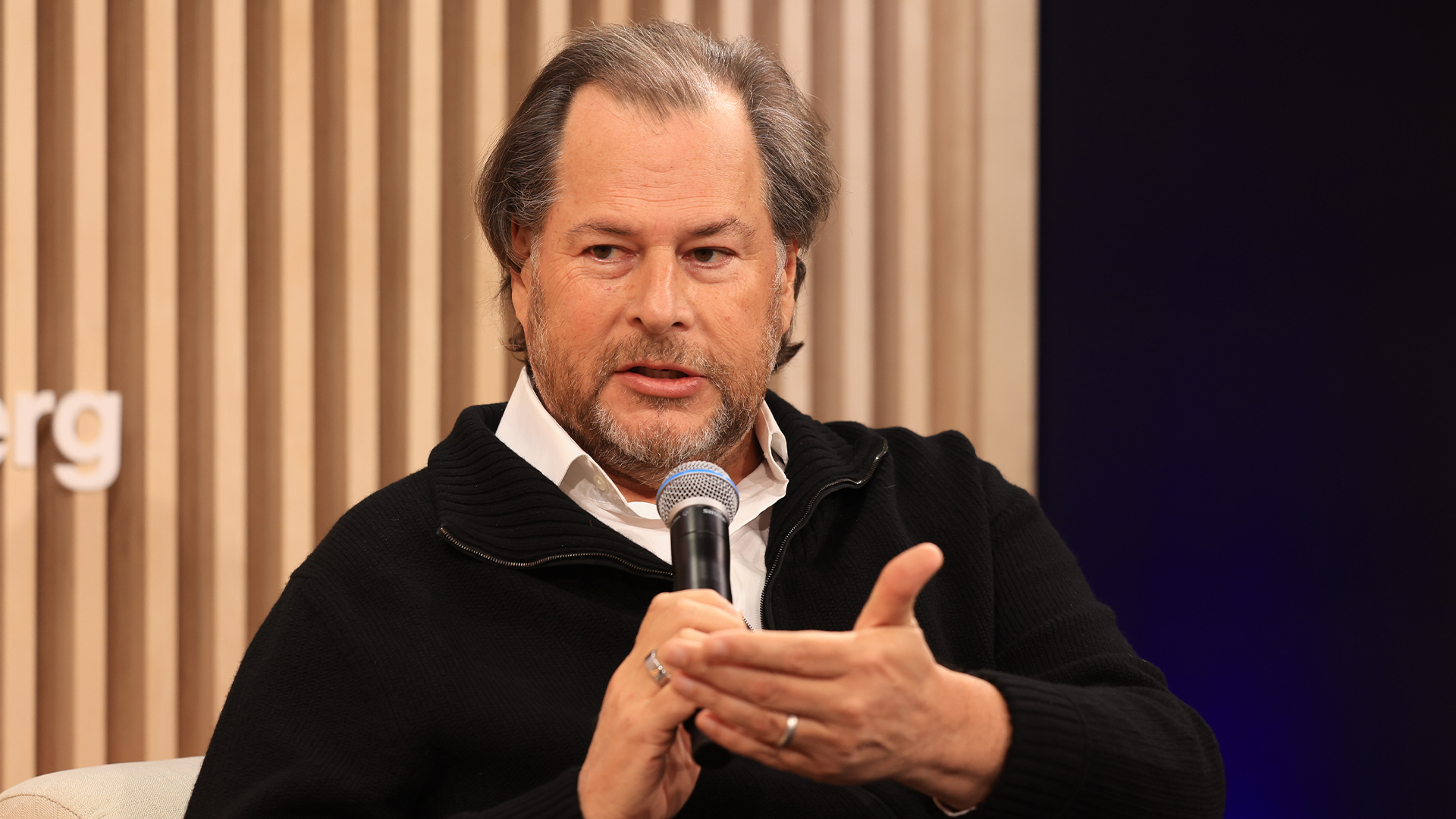 ‘Maybe we aren't going to hire anybody this year’: Marc Benioff says Salesforce might not hire any software engineers in 2025 as the firm reaps the benefits of AI agents
‘Maybe we aren't going to hire anybody this year’: Marc Benioff says Salesforce might not hire any software engineers in 2025 as the firm reaps the benefits of AI agentsNews Salesforce CEO Marc Benioff has suggested the company may freeze hiring for software engineers as the company records productivity boosts through AI agents.
-
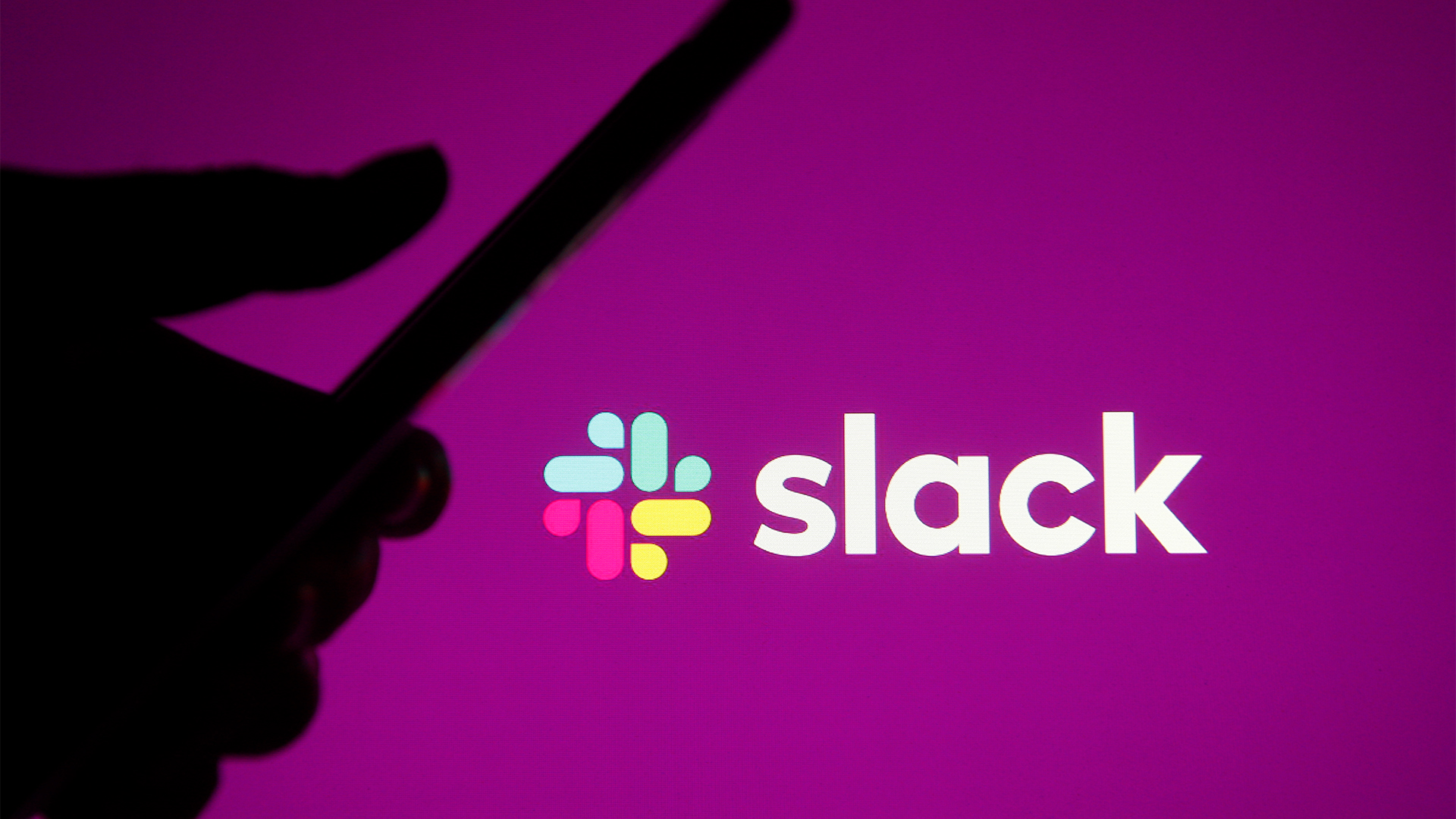 Slack AI agents shift looks to “unify” enterprise data and drive team synergy
Slack AI agents shift looks to “unify” enterprise data and drive team synergyNews The workplace collaboration platform is determined to make life as easy as possible for users
-
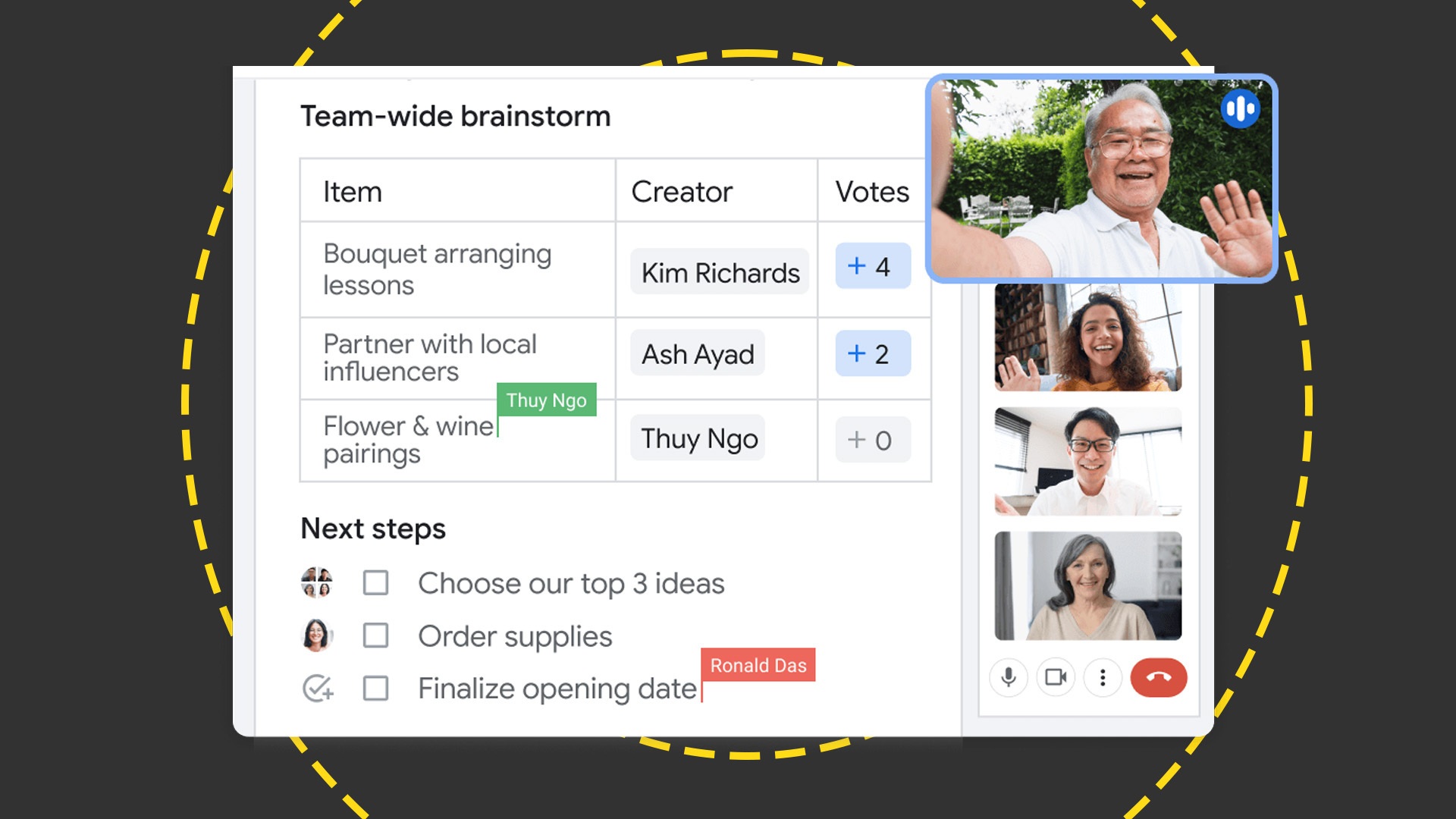 One of our favorite productivity suites of 2023 just got a bunch of new AI tools — but they come with a steep price tag
One of our favorite productivity suites of 2023 just got a bunch of new AI tools — but they come with a steep price tagNews Updates to Google Workspace are designed to reduce pressure around taking notes and let workers be more engaged during meetings and calls
-
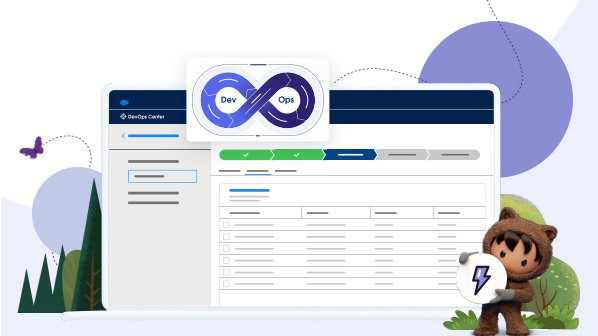 A DevOps guide to the Salesforce platform
A DevOps guide to the Salesforce platformWhitepaper Learn how to ship code faster, safer, and with agility.